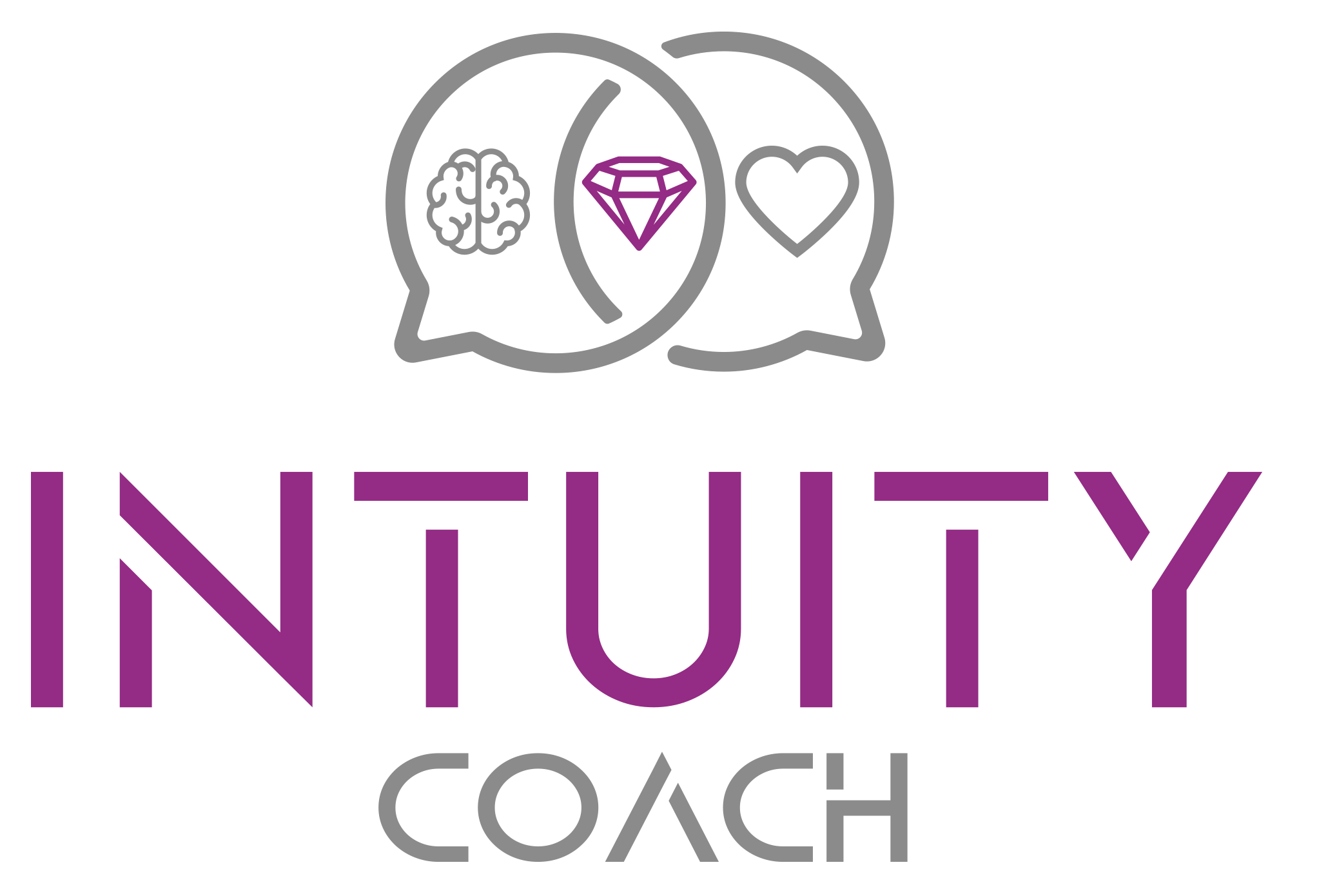What do your emotions tell you about yourself?

Do you wake up in the morning feeling motivated, happy, bored or stressed?
From the joy of seeing a dear friend again, to the anger and resentment of being given a new job and falling behind schedule, we face a range of emotions every day. So you can have different emotions during the day. You may be angry with your co-workers, stressed out by your boss, amused by your partner, or proud of your children's good results.
How do we move through this wide range of emotions without losing our sometimes fragile balance in the many emotions of our day? It's a matter of how you interpret it, but in reality, our emotions are rarely controlled from the outside. We're more happy about what we feel related to seeing our friends than the meeting with them. But with all these emotions, most people believe that their emotions are the result of external causes or the actions of others, so they have nothing to do with their emotions. I don't think so, and I believe it comes from the fact that you were taught to think that way.
Emotions are not reactions to the world. You are not a passive recipient of your external environment, but you are an active contributor to your emotions.
How are you feeling now:
peaceful? excited? energetic? bored? tired? frustrated?
What are emotions?
Emotions are feelings that produce physical or psychological changes that affect a person's thoughts and actions. Feelings are for sure based on events around you, but emotions are based on your interpretation of those events. For example, you may feel angry, frustrated, or annoyed when your boss says something offensive in a meeting.

Coping with Emotions at Work
Everyone experiences different emotions at work. We get frustrated when our boss offers us more work if he doesn't understand how much we already have . We resent our co-workers who do not do their job properly, and it affects us, ultimately leaving us unable to do our own work
The pressure to feel good and hide negative emotions can negatively impact employee performance and mental health, impacting both health and individual quality of life. Employees are generally expected to control their emotions and expressions to get the job done. In particular, employees need to control their emotions during interactions with customers, colleagues, and superiors in order to be successful at work.
We all have internal control, which refers to our efforts to control, change, or regulate certain thoughts, actions, or emotions. We struggle to control our emotions internally because we need to maintain a positive attitude or because we want to regulate our emotions so that we can have more.
And then there's surface management, which expresses emotions that you don't actually feel. We try to mask our emotions and show “positive” emotions in certain situations. Superficial control is everything we put on the outside and has nothing to do with emotions (we change our expressions. Of course this works for some people and It doesn't work others, but it doesn't change the ways we feel) .
How you interpret what is happening to you determines what kind of emotions you feel, or whether you feel emotions at all. Our emotions are rarely controlled from the outside.
Did you laugh or smile at work today? Was the last meeting boring? Are you angry or sad about your job?
It is well known that the top three positive emotions at work are comfort, satisfaction and excitement. Conversely, the top three negative emotions at work are frustration, stress and anxiety.
Constant suppression of emotions can lead to insomnia, anxiety, fatigue, and reduced work capacity, and can lead to alcohol and overeating problems.
Can you name your emotions correctly?
How exactly do you interpret the emotions of others?
How can I be sure that my interpretation is correct?
How you feel reflects how you think. Negative thoughts produce negative feelings and actions, positive thoughts produce positive feelings and actions. Emotions are not what happens to you, they are what you actually do to yourself.
Identify the trigger
- Who triggered my emotions?
- What topic of conversation provokes my emotions? Why?
- Where are the places that evoke different emotions?

What do your emotions tell you about yourself?
Recognition of basic ideas
If you find yourself experiencing unwanted emotions such as uncertainty, anxiety, or fear, it may be helpful to identify the thoughts that are causing them.
1) Evaluate the severity and intensity of emotions
2) Can you name the emotion?
3) What were you thinking just before you felt the emotion?
Based on your thoughts, why do you think you feel the way you do?
4) Identify your timeline. Are you wondering if your emotions are happening now or if you are thinking about the future or the past?
5) Determine if action is required.
Is there anything I can do now to change the situation that is bothering me?
If not, is there anything I can do later? If you can't do anything about it, ask yourself: how to change your perspective?
6) Evaluate the legitimacy of your emotional response
Ask yourself if you are reacting to this situation or if something else is going on..
How can I react differently?
How can I think otherwise?
What do I want to feel in this moment?



